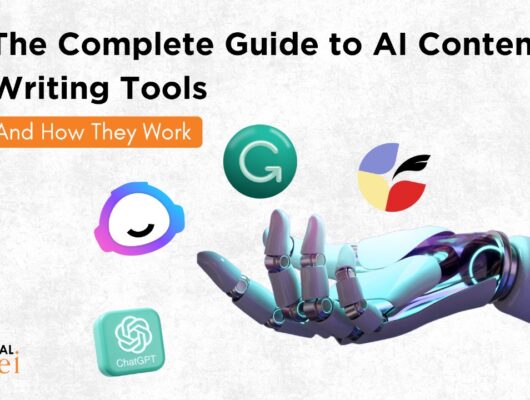In the landscape of technological evolution, artificial intelligence (AI) has emerged as a transformative force that is not just on the horizon but actively reshaping industries across the globe. From personalized recommendations to predictive analytics, AI is not the future—it’s the present. Let’s delve into how artificial intelligence is catalyzing profound changes in diverse sectors, revolutionizing the way businesses operate and deliver value.
1. Personalized Recommendations in E-Commerce: A Tailored Shopping Experience
AI in Action: E-commerce platforms utilize AI algorithms to analyze user behavior, preferences, and historical data. The result? Personalized product recommendations that enhance the shopping experience.
Impact:
Increased Conversions:
Personalized recommendations lead to higher conversion rates as users are more likely to engage with products tailored to their interests.
Enhanced Customer Satisfaction:
Users appreciate platforms that understand their preferences, fostering a sense of personalized service and improving overall satisfaction.
2. Predictive Analytics in Finance: Anticipating Trends and Mitigating Risks
AI in Action: Financial institutions leverage AI for predictive analytics, analyzing vast datasets to forecast market trends, detect anomalies, and manage risks more effectively.
Impact:
Improved Decision-Making:
Predictive analytics empowers financial professionals to make informed decisions based on data-driven insights, reducing uncertainty in volatile markets.
Fraud Detection:
AI algorithms can detect patterns indicative of fraudulent activities, enhancing security and protecting both financial institutions and their customers.

3. Healthcare Diagnostics: Precision and Early Detection
AI in Action: AI algorithms analyze medical images, genetic data, and patient records to assist in diagnostics. Machine learning models can identify patterns associated with diseases, aiding in early detection and treatment.
Impact:
Enhanced Accuracy:
AI-powered diagnostics improve the accuracy of medical assessments, reducing the margin of error in identifying diseases and conditions.
Efficient Healthcare Delivery:
Early detection allows for timely interventions, potentially improving patient outcomes and reducing healthcare costs associated with prolonged treatments.
4. Chatbots and Virtual Assistants: Revolutionizing Customer Support
AI in Action: Chatbots and virtual assistants powered by AI are becoming ubiquitous in customer support, providing instant responses to queries, facilitating transactions, and enhancing user interactions.
Impact:
24/7 Availability:
AI-driven virtual assistants are available round the clock, ensuring that users can get assistance whenever they need it, irrespective of time zones.
Cost-Efficiency:
Automated customer support reduces the need for human intervention in routine queries, enabling businesses to allocate resources more strategically.
5. Supply Chain Optimization: Streamlining Operations
AI in Action: AI is applied in supply chain management for demand forecasting, inventory optimization, and logistics planning. Machine learning models analyze historical data to predict future demand and optimize inventory levels.
Impact:
Reduced Costs:
AI-driven supply chain optimization minimizes excess inventory and prevents stockouts, leading to cost savings and more efficient resource allocation.
Increased Efficiency:
Predictive analytics and automation enhance the overall efficiency of the supply chain, from manufacturing to distribution, reducing delays and bottlenecks.

6. Content Creation and Marketing: Tailored Campaigns
AI in Action: AI is utilized in content creation, marketing automation, and campaign optimization. Machine learning algorithms analyze consumer behavior to tailor content and optimize marketing strategies.
Impact:
Personalized Campaigns:
AI enables marketers to create personalized campaigns that resonate with specific target audiences, improving engagement and conversion rates.
Data-Driven Decision-Making:
AI-driven analytics provide insights into campaign performance, allowing marketers to make data-driven decisions and refine strategies in real time.
7. Autonomous Vehicles: Redefining Transportation
AI in Action: In the automotive industry, AI plays a crucial role in the development of autonomous vehicles. Machine learning algorithms process real-time data from sensors to make split-second decisions for safe navigation.
Impact:
Enhanced Safety:
AI systems in autonomous vehicles continually analyze data from the vehicle’s surroundings, making it possible to detect and respond to potential risks faster than human reflexes.
Improved Efficiency:
Autonomous vehicles can optimize routes, reduce traffic congestion, and enhance fuel efficiency, leading to more sustainable and efficient transportation.
Conclusion: The Present and Future of AI
Artificial intelligence is not a distant promise; it’s an unfolding reality shaping the present and future of industries. AI is embedded in the fabric of modern life from revolutionizing how we shop online to predicting market trends, diagnosing diseases, optimizing supply chains, and even redefining transportation.
As businesses and industries continue to harness the power of AI, the ongoing transformation promises increased efficiency, enhanced decision-making, and a more personalized and responsive world. The time to embrace AI isn’t in some distant future—it’s now.
Keywords: artificial intelligence, personalized recommendations, predictive analytics, healthcare diagnostics, chatbots, virtual assistants, supply chain optimization, content creation, autonomous vehicles, machine learning, data-driven decisions.





